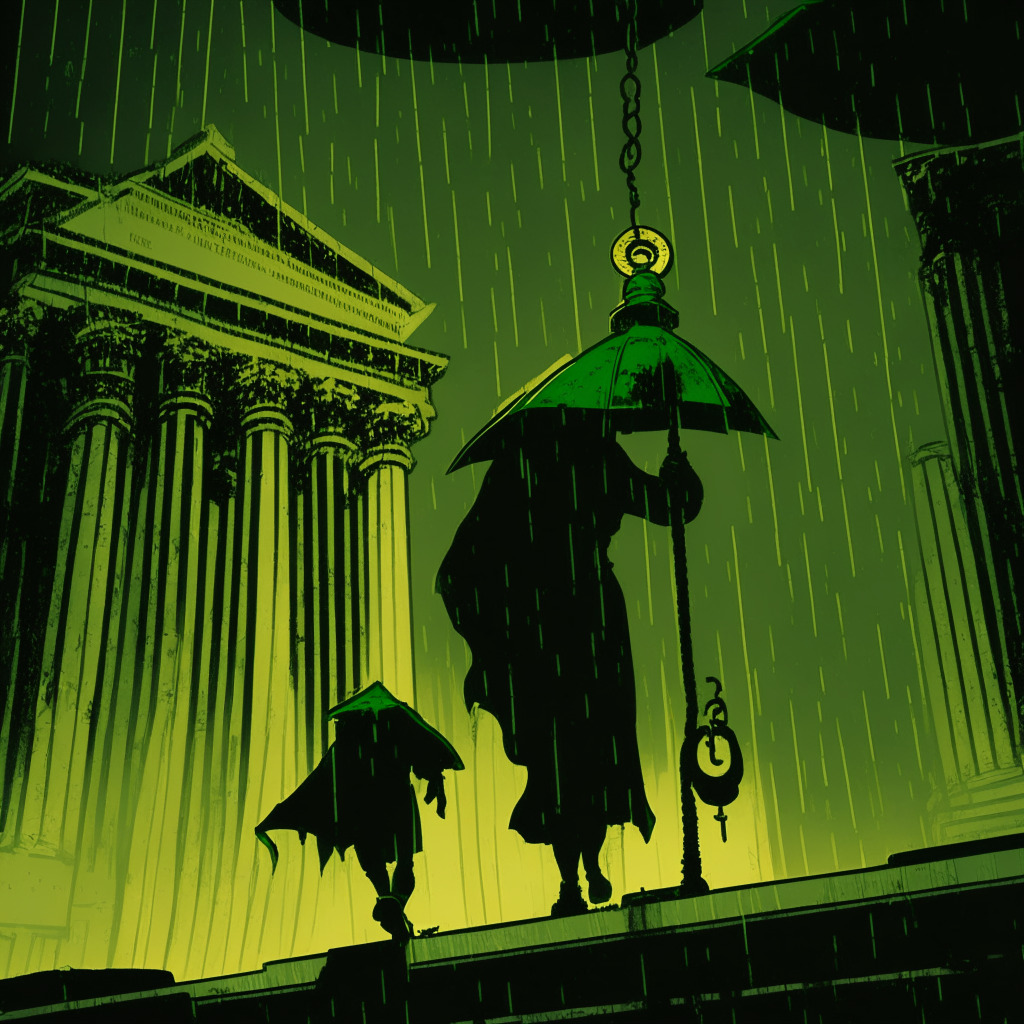In what can only be described as a watershed moment for the cryptocurrency sphere, we contemplate the recent verdict by Judge Philip Jeyaretnam of the Singapore High Court. The judgement delivered on July 25th, dismissed the pervasive skepticism towards cryptocurrencies maintained by most regulators, equating digital currencies to fiat money. This highlights a stark juxtaposition of the global apprehension that digital assets lack intrinsic value.
The judge opined that the value of an object, be it cryptocurrency or shells, derives from the collective human perception. He categorized crypto assets as property during the case pitted against Bybit and a former employee accused of unauthorized transfer of 4.2 million USDT. The legal recognition of crypto assets as property, despite their incorporeal existence, sends a strong message to the industry.
A deeper implication of this ruling is the potential sea change in the legal status of cryptocurrencies. Leaning into British common law, Jeyaretnam mentioned that cryptos were “things in action”, implying they are subject to personal rights that can be legally enforced. This sentiment reiterates the arguments made in the Monetary Authority of Singapore‘s paper, proposing segregation and custody requirements for cryptocurrencies.
This correlation doesn’t escape notice, as assets identifiable and capable of segregation, according to the judge, could be legally held in trust. The ripple effect of his deliberation cements further the legal infrastructure of the crypto realm in Singapore. The benefits of such a ruling can be seen in London where the High Court determined NFTs as private property.
Given that clarity in rules related to cryptocurrency isn’t up to speed in many jurisdictions, judgements like those in Singapore and London provide necessary cues. The legal status of cryptocurrencies, reiterated in such cases, silently vouches for the courts’ position to safeguard NFT property rights.
However, such legal advancements also raise questions. While the recent judgement represents a win, the categorization of cryptocurrencies as property might open a Pandora’s Box of complications. Taxation, issues pertaining to inheritance, or disputes over ownership become more complex in virtual realms. The inherent anonymity that cryptocurrencies enjoy could certainly prove difficult in legal terms.
The task now lies in finding a balance. Embracing the potential of cryptocurrency and acknowledging its value doesn’t come without its complexities. It requires an adaptive and robust legal system, capable of navigating the rapidly advancing landscape of disruptive technologies. This recent ruling may only be the beginning of a complex dialogue between law and digital currencies. It not only sparks hope in crypto enthusiasts but also underlines the necessary caution within the evolving legal discourse.
Source: Cryptonews




